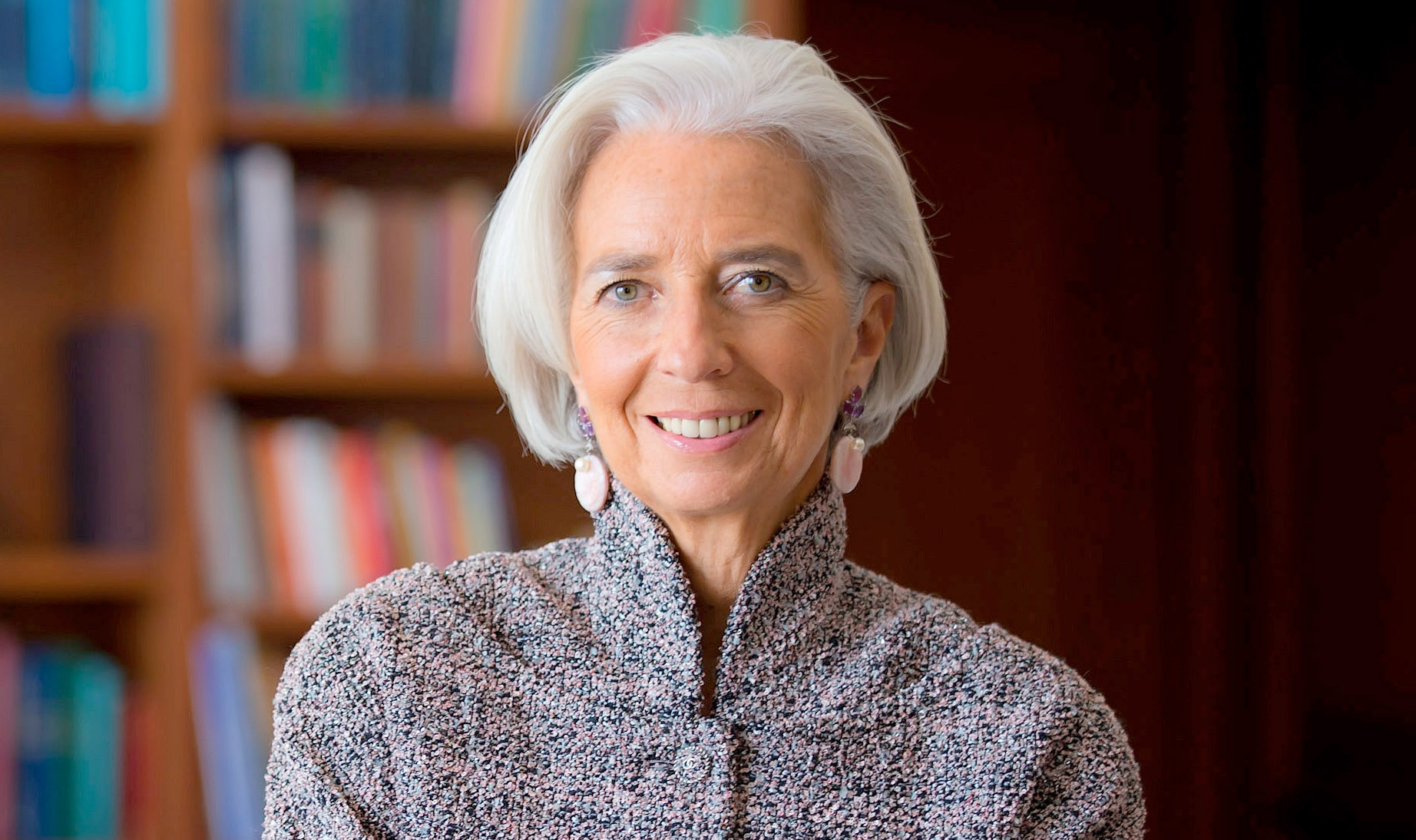July 31, 2015
Fiscal Alert 1: Ghana – The 2015 Mid-Year Budget Review On July 12, 2015, the government tabled in Parliament for discussion and approval a mid-year review of the 2015 Budget and supplementary estimates for the 2015 financial year. Prior to that, on June 30, 2015, the IMF had issued its first review press statement on Ghana’s Extended Credit Facility (ECF) program. This brief reviews the mid-year budget and assesses the basis for the government’s revision of the 2015 Budget. Click here to read the full report


